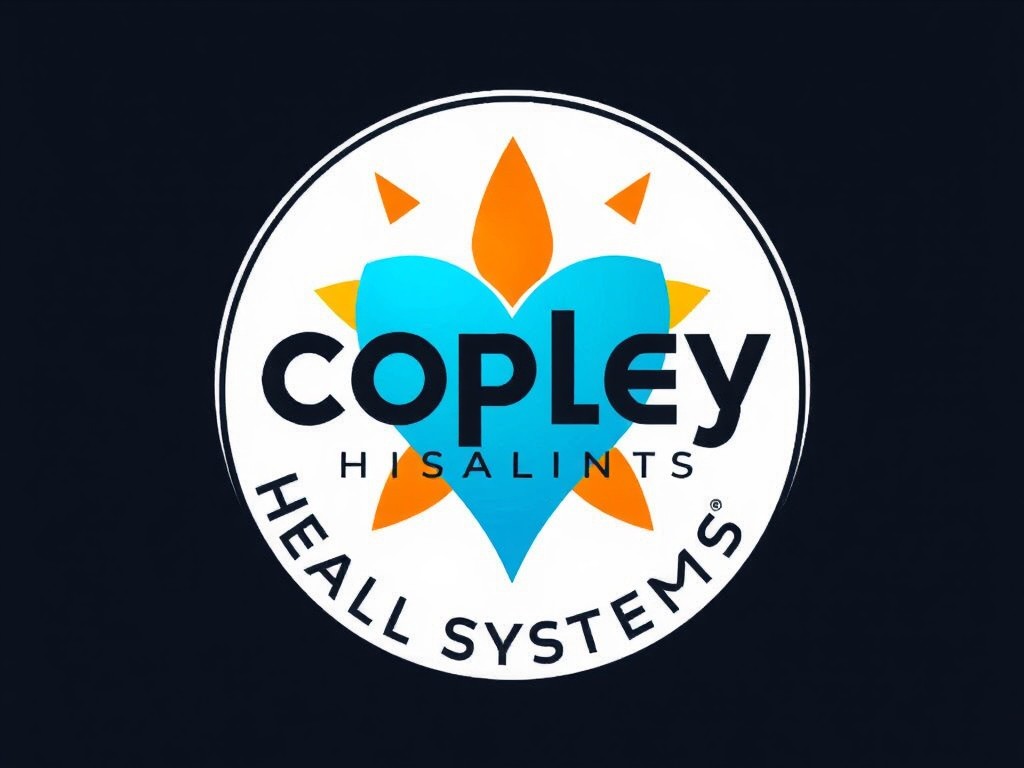Overview of Bilingualism and Cognitive Resilience
Bilingualism is the ability to communicate in two languages fluently. Its impacts extend beyond the realm of communication, potentially enhancing cognitive resilience, especially in the context of aging. But what is cognitive resilience? It refers to the brain’s capacity to withstand age-related changes and stressors, maintaining robust cognitive health. As we age, maintaining higher cognitive resilience becomes crucial to safeguard against cognitive decline.
The link between bilingualism and cognitive resilience is particularly interesting. Studies have indicated that bilingual individuals may exhibit a form of brain advantage, where their cognitive processes are more adaptable. This adaptability could bolster their ability to tackle tasks requiring executive control, such as problem-solving and multitasking. For older adults, this might mean a reduced risk of cognitive decline commonly associated with aging.
In parallel : Unveiling the Connection: How Dietary Antioxidants Enhance Vision Health in Older Adults
How is this cognitive advantage achieved? The constant mental juggling involved in switching languages encourages greater neural plasticity and efficiency. This mental exercise fosters a robust cognitive reserve, potentially delaying the onset of cognitive impairments like dementia. As such, embracing bilingualism could be a promising strategy for fortifying cognitive resilience, proving beneficial as one ages.
Psychological Benefits of Bilingualism
While it is commonly known that being bilingual can enhance communication skills, the psychological benefits extend much further, positively impacting one’s mental health and cognitive functions.
Have you seen this : Exploring the Impact of Parental Engagement on Treatment Success in Juvenile Idiopathic Arthritis
Enhanced Memory Retention
Bilingual individuals often exhibit superior memory retention compared to monolinguals. This benefit is due to the brain’s regular exercise in managing two languages, which improves the ability to store and recall information effectively. For example, recent studies indicate that bilinguals can better remember lists or sequences, a skill critical in both academic and real-world settings.
Improved Problem-Solving Skills
Those with bilingual capabilities are often more adept at tackling complex problems. This is because they constantly switch between language systems, which enhances mental flexibility and creativity. Consequently, bilinguals can view issues from various perspectives, leading to innovative solutions.
Increased Cognitive Flexibility
Cognitive flexibility, the ability to adjust thinking and adapt strategies, is a further boon of bilingualism. Individuals fluent in two languages develop unique skills that allow them to shift focus between different concepts seamlessly and perform multiple tasks efficiently. Such adaptability is crucial for maintaining high-level cognitive function throughout one’s life.
Neurological Impact of Bilingualism on Aging
As we explore the neurological impact of bilingualism on cognitive aging, it’s essential to understand how speaking multiple languages affects brain structure. Studies reveal distinct differences between bilingual and monolingual individuals. Bilinguals often possess increased gray matter density, particularly in areas associated with language and cognition. This structural enhancement is believed to contribute to improved brain health as we age.
Bilingualism plays a crucial role in delaying neurological diseases such as Alzheimer’s. Research indicates that bilingual individuals may experience symptoms of Alzheimer’s at a later age compared to monolinguals. This delay is thought to occur due to the enhanced cognitive reserve that speaking more than one language builds over time. This reserve acts as a protective buffer, allowing the brain to function more effectively despite being affected by disease.
Moreover, the concept of neuroplasticity, the brain’s ability to reorganise itself by forming new neural connections, is significantly linked to bilingualism. Older adults who are bilingual tend to maintain better neuroplasticity, enabling them to adapt to and recover from cognitive challenges more efficiently. This flexibility fosters sustained cognitive health and mitigates the effects of aging on the brain, empowering older individuals to maintain sharper mental faculties.
Practical Implications of Bilingual Education
Bilingual education extends beyond schools and into the realm of lifelong learning. As individuals age, engaging in bilingual learning can enhance cognitive reserve, providing significant cognitive benefits.
Strategies for Promoting Bilingualism in Older Adults
Promoting bilingual education among older adults involves innovative strategies that respect their learning pace. Techniques such as interactive workshops, language clubs, and conversation groups are effective. These encourage social interaction, which is crucial for language retention and cognitive agility. Further, digital platforms offer accessible language courses tailored to seniors, fostering lifelong learning and cognitive reserve.
Recommendations for Educational Programs
Educational programs should focus on bilingual education that stimulates mental processes. Customized curriculums incorporating memory games, real-life scenarios, and cultural immersion can significantly boost cognitive reserve. Additionally, collaborative efforts with local universities and language institutes can provide older adults with enriching experiences that enhance cognitive functions.
Community Resources and Support
Communities play a vital role in supporting bilingual education. Libraries and community centres can offer resources such as language classes and conversation meet-ups. Partnerships with cultural associations and exchange initiatives can further enrich the learning environment. By creating an inclusive atmosphere, communities can facilitate a supportive space for older adults to enhance cognitive reserve through lifelong learning.
Studies and Research Findings
Research on bilingualism offers evidence-based insights that illuminate its impact on cognitive resilience. Significant studies suggest bilingual individuals may experience enhanced cognitive flexibility and delayed onset of dementia. For instance, a study by Bialystok et al. indicated that bilinguals manifest symptoms of Alzheimer’s later than monolinguals. This suggests an apparent cognitive advantage facilitated by bilingualism, fostering cognitive reserve.
Expert Opinions on Future Directions
Experts in the field propose expanding research to include diverse demographic groups to fully understand bilingualism’s role across various populations. They emphasize that future research should focus on longitudinal studies to gain deeper insights into how bilingualism affects cognitive functions over time. The intersection of cognitive resilience and linguistic diversity poses intriguing questions about neural adaptability and potential mental health benefits.
Implications for Public Policy and Health Care
Research findings in this area hold valuable implications for shaping public policy and health care strategies. Incorporating bilingualism into educational systems might bolster cognitive health from an early age, potentially reducing healthcare burdens associated with cognitive decline in aging populations. Policymakers and healthcare providers can leverage these insights to design interventions promoting linguistic diversity as a cognitive health strategy.
Conclusion: Future Directions and Recommendations
Exploring the future of bilingualism within aging populations reveals promising areas for development. Understanding the cognitive benefits bilingualism brings, we should consider these avenues for further research, community engagement, and policy refinement.
Areas for Further Research
Research could focus on how varied bilingual experiences influence cognitive aging differently. Some initial questions to address are: How does lifelong bilingualism impact cognitive maintenance in older adults? Such insights may guide tailored cognitive health strategies.
Community Engagement Strategies
Empowering communities to embrace bilingual initiatives is vital. Consider the following strategies:
- Hosting bilingual workshops
- Establishing language exchange programmes
These approaches can foster inclusivity, ensuring older adults engage meaningfully in bilingual practices.
Policy Recommendations
To support lifelong bilingual education, policies must evolve. Key proposals include:
- Increasing funding for bilingual educational resources
- Integrating language lessons into senior community activities
Promoting inclusive policies enhances cognitive well-being among aging populations—strengthening their engagement within multicultural societies. Aspiring towards these objectives may harness bilingualism’s full potential, enriching lives and mitigating cognitive decline.











